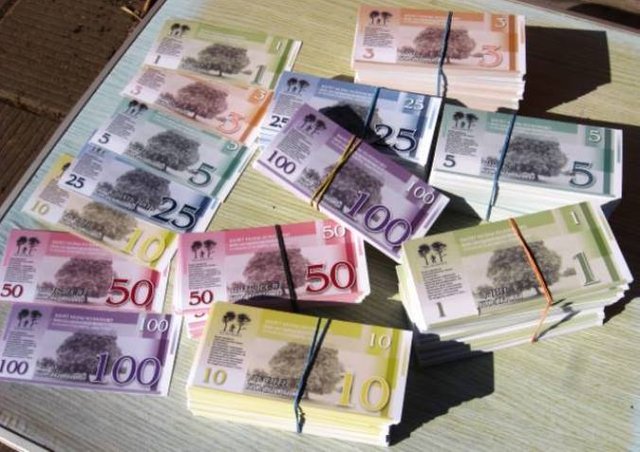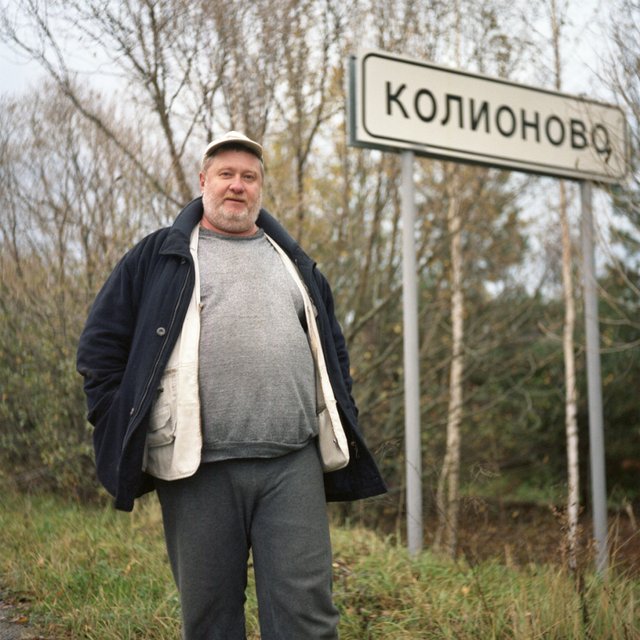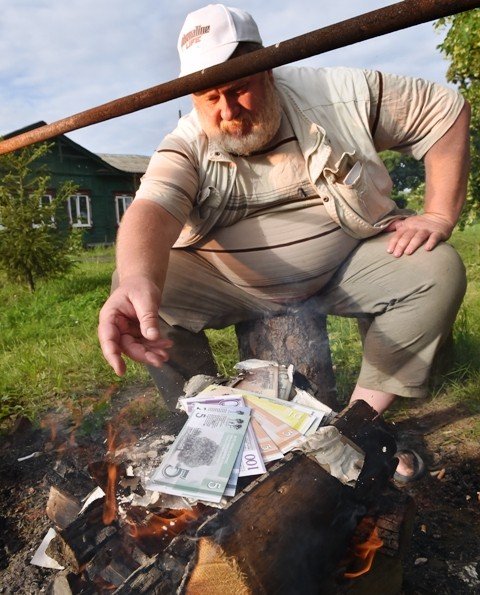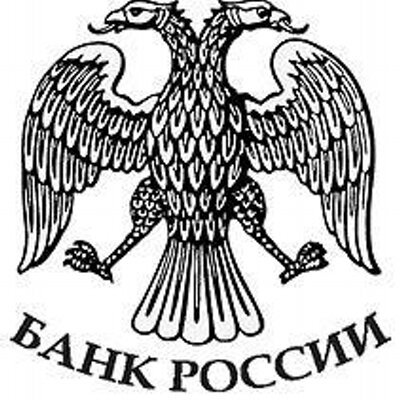A Story About a Farmer that Has Nearly Destroyed Russian Financial System
Prosecutors claimed farmer from the suburb of Moscow to stop using his own currency – “kolion”. Mikhail Shliapnikov makes the best of things. «I'm gonna make “putinki” If they prohibit using kolions» - he says.

Egorevsk district court has initiated an unprecedented litigation. Local prosecutors office claims prohibiting using an alternative current – kolion. It was invented by local farmer Mikhail Shliapnikov for calculations with his neighbors and countrymen. The government considered it «threatening united Russian payment system» and «disorienting citizens in the financial crisis circumstances».
Mikhail Shliapnikov himself thinks that’s wrong. He has tried to protect his invention in court recently. He calls it not currency but a kind of depositary receipt. He told that will make the best of things if using kolions is prohibited by court. «Well, they prohibit using kolions and I make “putinki”. Farming is our purpose. I’m a farmer but not financier».

United payment system destroyer
United payment system destroyer is a pensioner. He moved to Kolionovo village from the city of Moscow eight years ago. His children live abroad, his wife lives in Moscow and visits him sometimes. In Moscow he used to work in a shop. Later he has even managed to work for the Soviet Communist Party. After the collapse of the Soviet Union he became a businessman. Now he has his own farm in the suburb of Moscow with 400 species of plants.
There’s nowhere to get money from in the village. So Mikhail decided to invent money himself. For payments to his neighbors he has invented his own currency. It was named kolion after the village name – Kollionovo. He was assisted by his neighbor Valeriy Sereda (died this year). The new notes were printed in the printing office. Bankong notes of 1, 3, 5, 10, 25, 50 and 100 kolions were made. “This note is the property of Kolionovo treasury” – says a phrase written on the notes. Totally 20,000 notes were printed. Last summer these notes has begun to be used. It’s worth saying that Mikhail’s friends and countrymen were enthusiastic about this idea. The exchange rate is 1 kolion to 50 Russian rubles. “These money may be exchanged for goods we produce” – the pensioner says. Now kolions are used by one hundred people in approximation. They own about seven thousand kolions.

Peasant labor specificity
The necessity of this “currency” may be explained by the peasant labor specificity, Shliapnokiv says. Potato is mature in August, goose – by Christmas and the money is needed now. Rural “economist” gives an example:
You give me 2-3 thousand rubles and I give you a promise to give back my goods. A goose for example. Goose value is 60 kolions, about 3,000 rubles as on the market. You give me 3 thousand rubles today and I give you 60 kolions. I buy eggs, feed, materials, pay for electricity and I give you a goose by Christmas. You’re glad and I’m pleased. You helped me to develop my business and got a goose for 3 thousand rubles, which values 6 thousand by Christmas.
Mikhail compares the new “currency” with gold or furs that were used before usual bank notes were invented.
“We have managed to find a way to support small farmers. This way can develop countryside. Any old lady will be able to afford having a cow. Now there’s no single cow in the village” – he claims.

Prosecutors didn’t like the creation
Creativity and humor were not appreciated by the Egorevsk prosecutors office. It was considered that the new “currency” threatens the unity of the payment system of Russian Federation. Also it threatens the money issuing monopoly of Russian Federation and misleads citizens in the financial crisis circumstances. The Egorevsk prosecutor claimed the court to prohibit using and issuingmoney surrogates. He told that the only currency in Russia is ruble and no one can issue money except the Central Bank of Russia.
The farmer answered that kolion is not money but depositary receipt. It’s some kind of a document confirming barter in future. He don’t force anyone buying kolions. He receives any goods which can be useful: plants, oil, furniture. He solicited the “sufferers” (Central Bank or Russian Government) to visit the court.

Keep up the great work @ekepa
Upvoted
Hi! This post has a Flesch-Kincaid grade level of 6.6 and reading ease of 70%. This puts the writing level on par with Stephen King and Dan Brown.